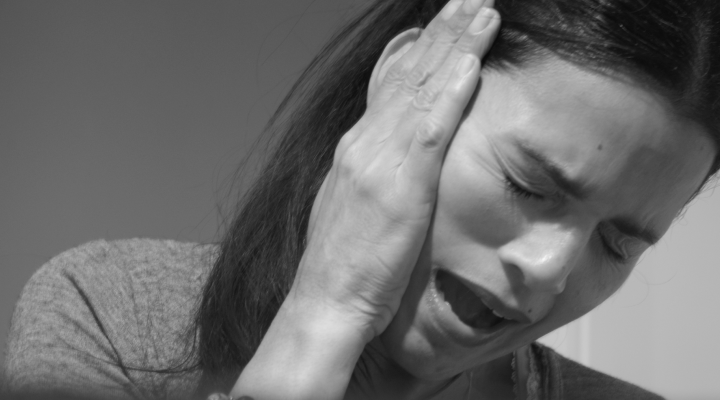
Getting your wisdom teeth removed is often necessary if your dentist predicts tooth overcrowding. Wisdom teeth can affect surrounding teeth and your jaw. While there are many factors involved in recovery after the procedure, pay special attention to a sore jaw after wisdom teeth extraction.
Why do I have a sore jaw after wisdom teeth extraction?
The removal of lower wisdom teeth causes trauma to the surrounding muscles and sometimes bones. This trauma can lead to a condition called trismus, a restriction to mouth opening. Trismus is especially common when the third molar is impacted.
What can I do about it?
Trismus is often painful and can impact speech and the ability to eat. Trismus often goes away when the muscles begin to repair themselves, and does not require treatment. If your sore jaw does not go away on its own, talk to your dentist or oral surgeon.
It is important to follow all of your dentist or oral surgeon’s recovery instructions after the procedure. A sore jaw after wisdom teeth extraction is common, but make sure to tell your dentist or surgeon if something doesn’t feel right, as a sore jaw is only one discomfort you may experience.
